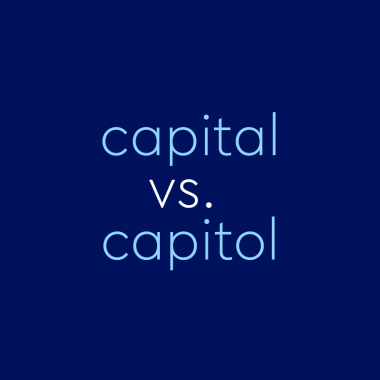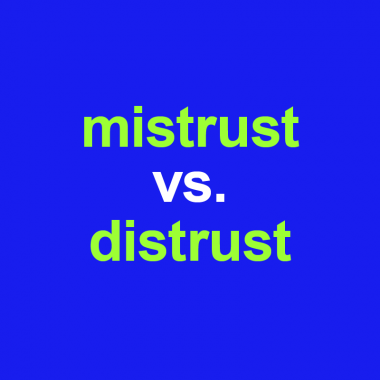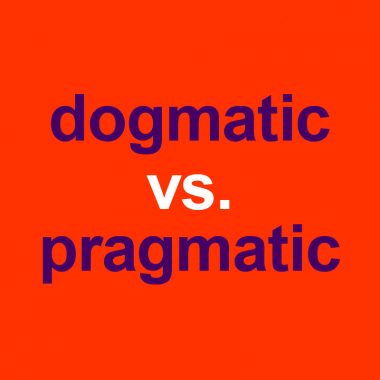Tag Archives: Vocabulary
-
“Capital” vs. “Capitol”: Do You Know Where You’re Going?
Capital and capitol are both commonly used in political contexts and are separated by just one letter, making them frustratingly easy to confuse. When it comes to these two terms, it’s important to note that one has a number of meanings while the other refers to a certain type of building. What is a capital? Capital has many definitions. It can mean “the wealth owned …
-
Marshal vs. Martial: Do You Know The Difference?
It’s not enough that martial and marshal are pronounced the same, is it? No, the English language has to further complicate things, because while these homophones, martial and marshal, have different meanings, they both involve some overlapping concepts of law and war. And adding to the understandable confusion of these words is marshall, with two Ls. Let’s marshal, shall we say, the facts, and bring …
-
“Pragmatic” vs. “Dogmatic”: What Are The Differences?
Some people have the incredible ability to set their emotions aside and make clear, calm decisions in a crisis. Instead of getting caught up in big-picture ideals or feeling overwhelmed by the scale of a situation, they manage to face the problem head on and address it practically one step at a time. For those who don’t crumble under pressure, does this practical nature make …











